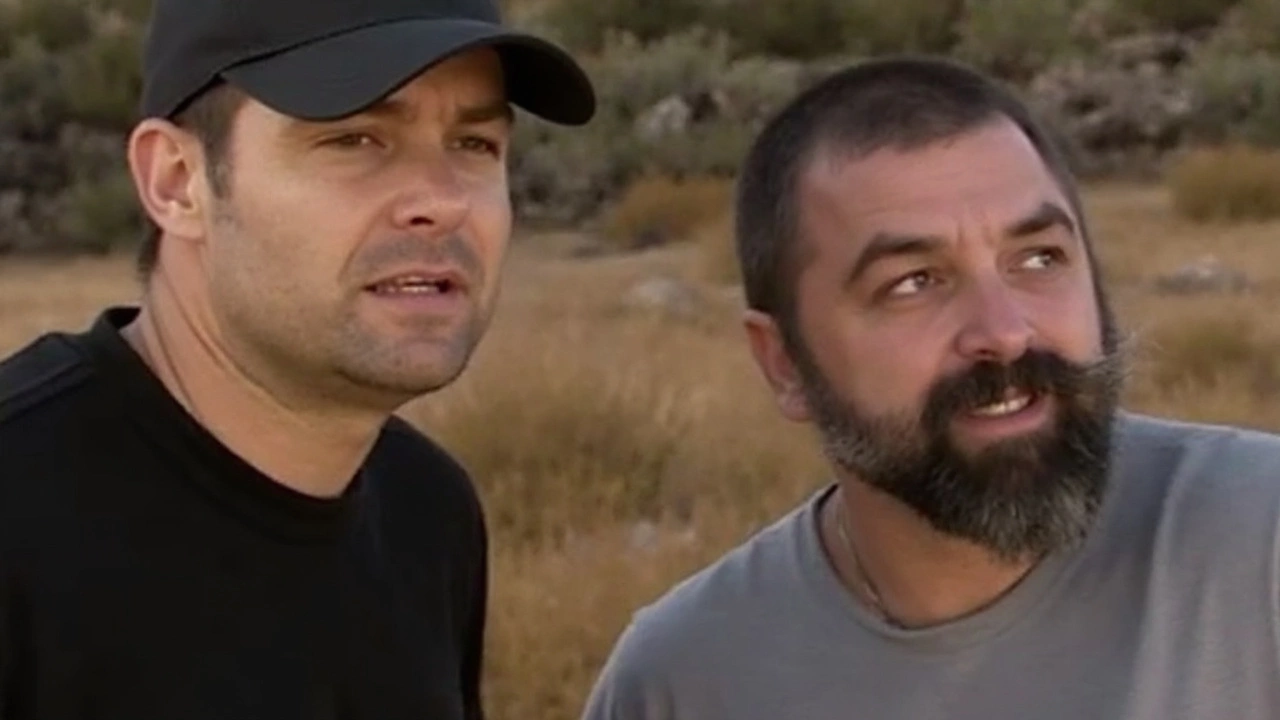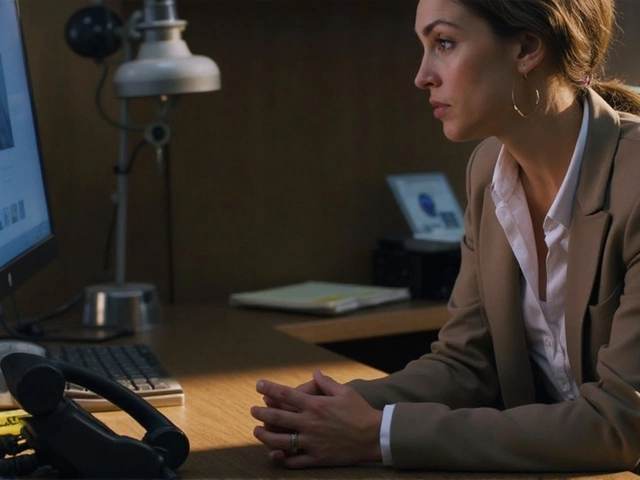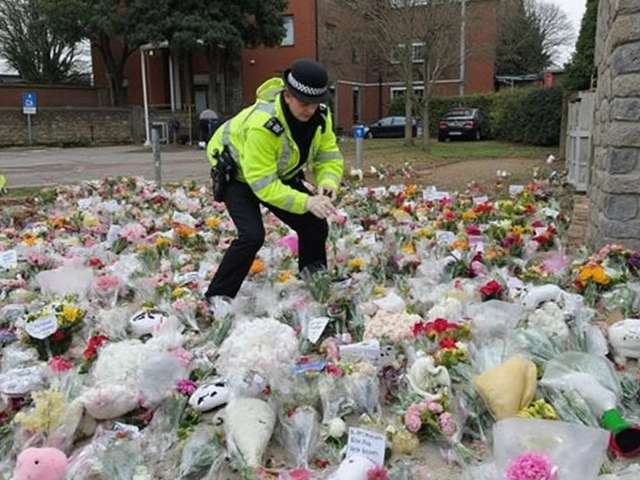Tragic Loss in Sports: How Communities Cope and Move Forward
When a player, coach, or beloved fan passes away unexpectedly, the whole sports world feels the sting. It’s not just a headline – it’s a real, gut‑punch feeling that hits every locker room, every stadium, and every backyard where games are watched. In New York, where sports are part of daily life, a tragic loss can ripple through neighborhoods, schools, and online forums in minutes.
First thing most people do is share the news. Social media lights up with tributes, old highlights, and personal stories. That flood of messages isn’t just noise; it’s a way for fans to say, “I’m here, I remember you.” For families of the lost athlete, those posts can be a lifeline, reminding them that the person’s impact went far beyond the field.
Why Grieving Happens Quickly in Sports
Sports create tight‑knit bonds. You train together, celebrate victories, and suffer defeats side by side. Those shared moments build a sense of identity that’s hard to shake. When a teammate dies, it feels like a piece of that identity is missing. That’s why the grieving process can kick in almost instantly, unlike other types of loss that sometimes take weeks to sink in.
Psychologists say the suddenness of a tragic loss can trigger what’s called “acute grief.” It’s a short‑term burst of shock, denial, and intense emotion. In a sports context, the grief often mixes with the adrenaline of recent games, making it feel chaotic. Players might find themselves replaying the last match over and over, looking for clues or a way to say goodbye.
Practical Ways Teams and Fans Can Support Each Other
1. Hold a Visible Tribute. A moment of silence before a game, a jersey retired, or a mural at the stadium gives everyone a concrete way to honor the person. It turns abstract feelings into a shared act.
2. Provide Mental‑Health Resources. Coaches can bring in counselors, and clubs can set up a hotline for fans. In New York, many organizations partner with local therapists who understand the sports culture.
3. Encourage Story‑Sharing. Open mic nights, online forums, or a simple email thread let people recount funny anecdotes or lessons learned. Those stories keep the person’s spirit alive and help others see the positive impact they made.
4. Create a Legacy Fund. Whether it’s a scholarship, a youth program, or a community center, turning grief into a lasting project gives purpose to the pain.
5. Maintain Routine, Gently. For athletes still in training, keeping a modified practice schedule can provide structure without forcing them to pretend everything’s normal.
It’s also okay to step back. Not everyone processes loss the same way. Some fans will need weeks of distance before they feel ready to attend a game again. Respect that timeline and avoid pressuring anyone to “move on” quickly.
In the aftermath, the most powerful thing you can do is listen. A teammate sharing a quiet moment, a parent recalling how their child’s favorite player inspired them, or a stranger posting a simple “I’m thinking of you” – each of those gestures builds a safety net that catches the falling emotions.
Remember, a tragic loss doesn’t erase the good times. It reshapes the story, adding depth and compassion. By honoring the memory, offering real help, and staying connected, the sports community in New York turns heartbreak into a stronger, more caring family.
Kieran Lockhart, Mar, 25 2025
Ant Middleton Mourns Liam Payne, Calling Him 'Little Brother' After Tragic Loss
Ant Middleton, reflecting on his friendship with Liam Payne, described a deep bond they shared, especially after collaborating on a documentary. Payne's heartbreaking fall from a Buenos Aires hotel raised questions, with tributes pouring in from family and fellow artists. Middleton highlighted Payne's struggle with solitude post-One Direction, revealing the emotional weight felt by Payne behind closed doors.
View More




